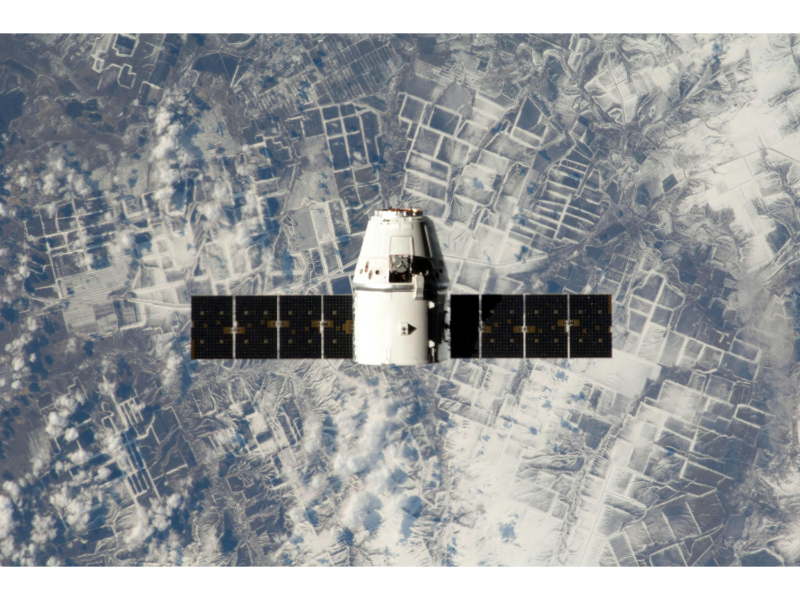- ESA is in discussions with SpaceX to join the Zero Debris Charter, an initiative to reduce space debris by 2030, as satellite activity intensifies.
- With 18,897 pieces of space junk and collisions increasing, international collaboration is key to protecting current and future space assets.
What happened
The European Space Agency (ESA) has initiated discussions with SpaceX, aiming to include Elon Musk’s space enterprise in its Zero Debris Charter, a global initiative to curb space junk generation by 2030. With space debris becoming an increasingly urgent problem, ESA Director General Josef Aschbacher shared that the 22-nation agency is seeking new commitments from industry leaders like SpaceX to better manage the 18,897 trackable pieces of debris in Earth’s orbit.
SpaceX, which accounts for around two-thirds of all low Earth orbit (LEO) satellites through its Starlink constellation, has not yet joined the charter.
Also read: Space export rules relaxed: What it means for U.S. companies
Also read: SpaceX makes history by successfully catching returning starship booster with giant ‘chopsticks’
However, ESA’s talks with SpaceX reflect a growing consensus on prioritising space sustainability amid rising satellite activity from companies like Amazon and nations like China. While some countries, including the United States and India, have already introduced anti-debris regulations, the lack of comprehensive international laws leaves space debris management largely voluntary.
Why this is important
ESA’s engagement with SpaceX underscores an urgent need for unified action as space becomes more congested, threatening satellite infrastructure and creating potential hazards for future space missions. Aschbacher highlights that SpaceX’s active engagement could be pivotal in shaping a new era of sustainable space operations—especially as commercial satellite constellations expand rapidly and military missile tests increase.
Space junk is not only a liability but also a catalyst for international tension, as recent debris-generating events have illustrated.
With no governing body to enforce anti-debris regulations, ESA’s Zero Debris Charter is one of the few collaborative efforts to address the issue, yet it remains limited by its voluntary nature. If SpaceX, the largest commercial satellite operator in LEO, joins this initiative, it could accelerate the global shift toward managing orbital debris effectively. As stakeholders like Harvard astronomer Jonathan McDowell argue, a unified industry commitment could reduce risks to both government and private assets in space.

